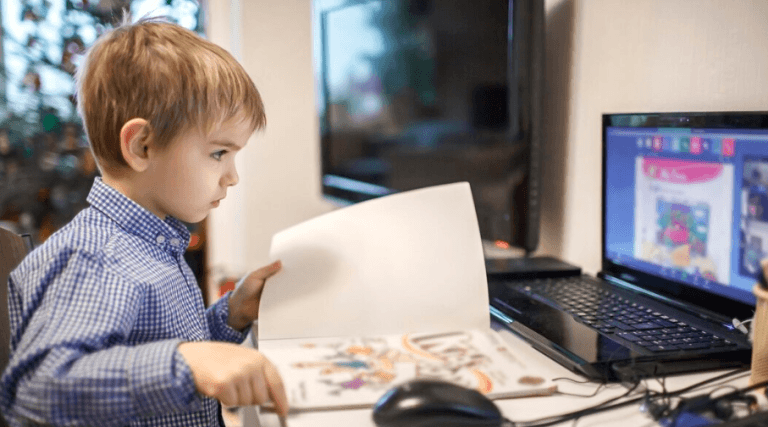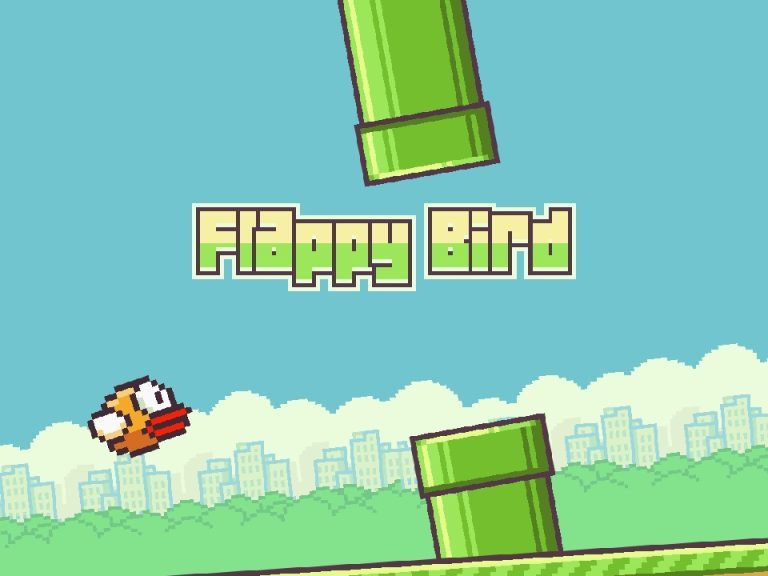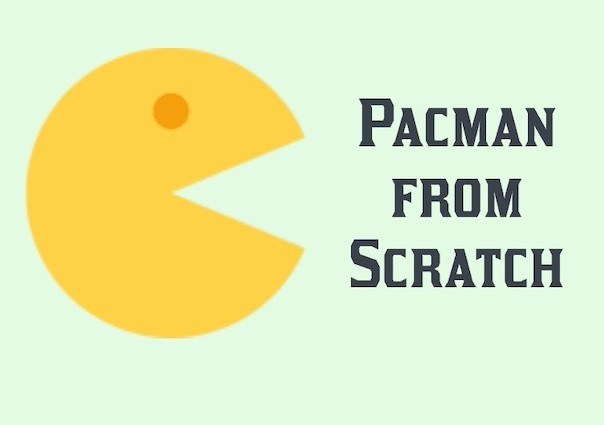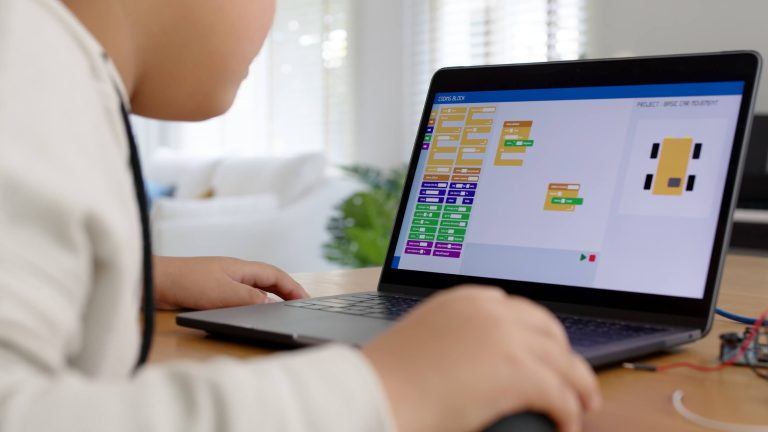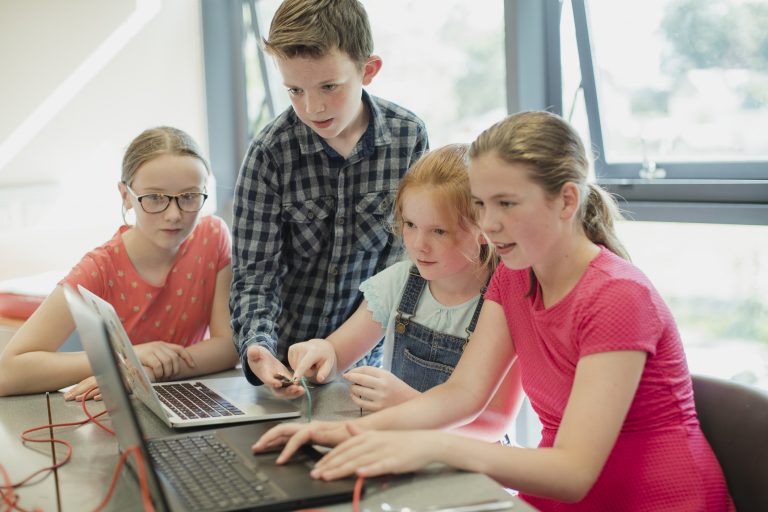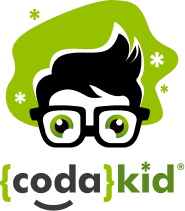In today’s digital age, coding has become an essential skill for children, much like reading and math. But how can we make this learning process engaging and enjoyable for young minds? The answer lies in games. Coding for kids through interactive and educational games not only captures their interest but also fosters a deep understanding of coding concepts in a playful environment. These games introduce complex programming principles in a simplified and visually appealing manner, making it easier for children to grasp.
By challenging young learners and encouraging problem-solving and critical thinking, coding games provide immediate feedback and rewards. This approach maintains children’s enthusiasm and motivation to continue learning. As they progress through different levels and challenges, they build a solid foundation in coding. Experimenting with coding commands and seeing the immediate effects of their actions helps kids learn to think like programmers, setting the stage for more advanced coding education in the future.
Table of Contents
The Benefits of Learning Coding Through Games
Learning coding through games offers numerous benefits for children, making the process both enjoyable and educational. By integrating interactive coding games into their learning routine, kids can develop critical skills that will serve them well in various aspects of life.
Key Benefits:
- Engagement and Motivation. Games are inherently fun and engaging, capturing children’s attention and keeping them motivated to learn.
- Problem-Solving Skills. Coding games require kids to solve puzzles and complete challenges, enhancing their problem-solving and critical-thinking abilities.
- Immediate Feedback. Interactive games provide instant feedback, allowing children to learn from their mistakes and make corrections in real-time.
- Creativity and Innovation. Coding encourages creativity as children experiment with different commands and create their own projects within the game.
- Foundation for Future Learning. Games introduce fundamental coding concepts in a simplified manner, laying the groundwork for more advanced coding education.
Incorporating games to learn coding into your child’s educational activities can make a significant difference in their learning experience, turning a potentially daunting subject into an exciting and rewarding adventure.
Read also: Benefits of Video Games | The Ultimate Guide for Parents
How Coding Games Work
Coding games are designed to make learning programming concepts accessible and enjoyable for children. These games typically use visual programming interfaces where kids can drag and drop blocks of code to create sequences, making it easier to understand the logic behind programming without the need to write complex syntax.
In these games, children are usually given tasks or challenges that they need to complete using code. This could range from moving a character across the screen to solving intricate puzzles. Each task helps reinforce specific coding concepts, such as loops, conditionals, and variables. The immediate visual feedback provided by the game allows kids to see the results of their coding efforts in real-time, helping them understand the cause-and-effect relationship in programming.
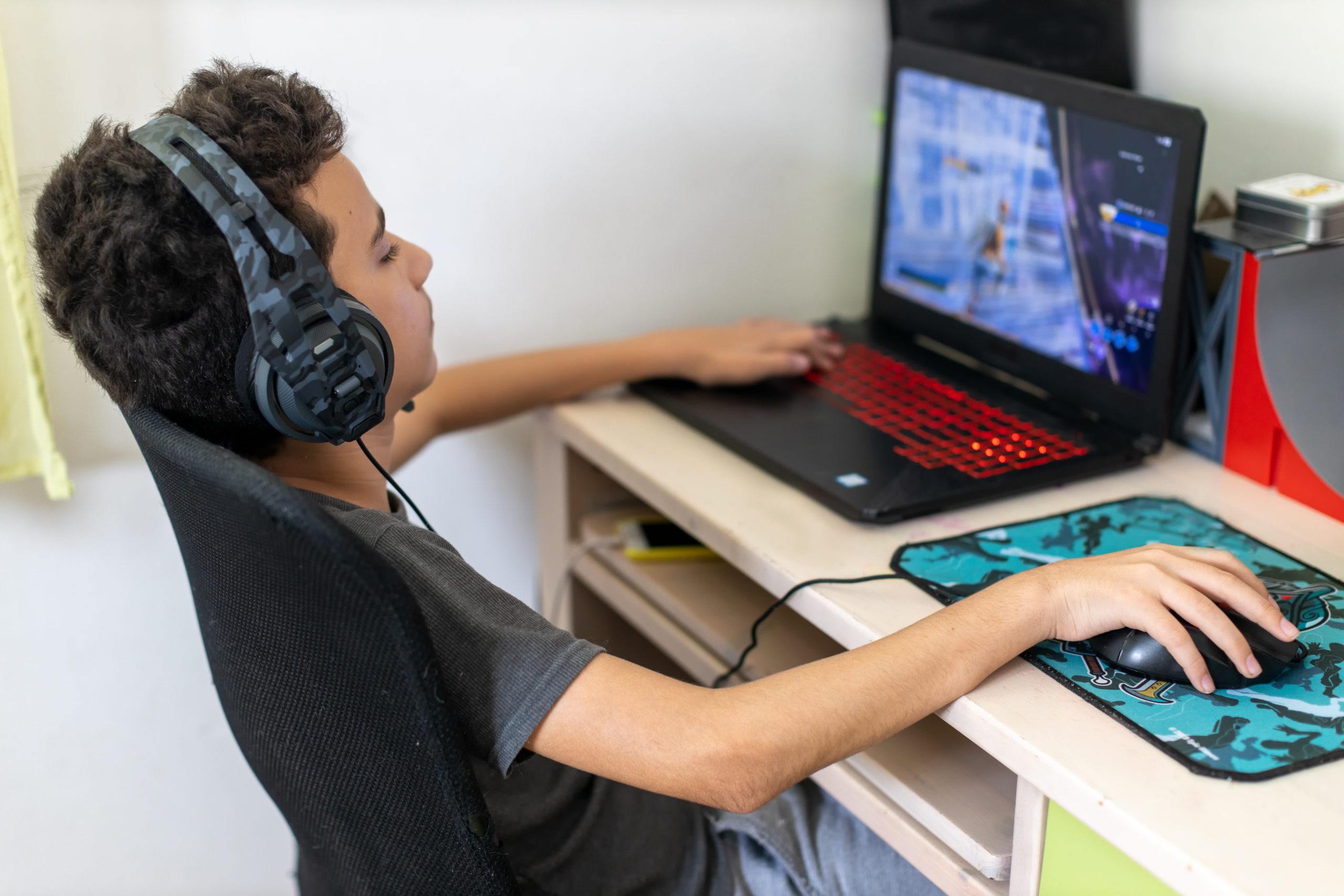
Many educational games for coding also incorporate storytelling elements and characters to make the learning process more engaging. By integrating coding tasks within an adventure or narrative, children remain interested and motivated to progress through the levels. This approach not only makes learning to code fun but also helps kids develop a deeper understanding of how coding can be applied to solve real-world problems.
Read also: Why Coding Games is the Best Way to Teach Kids Computer Programming
Popular Games That Teach Coding
There are numerous games available that make learning to code fun and accessible for children. These games vary in complexity and style, catering to different age groups and skill levels. Below are some of the most popular and effective coding games for beginners that help children develop their coding skills in an engaging and interactive way.
Scratch
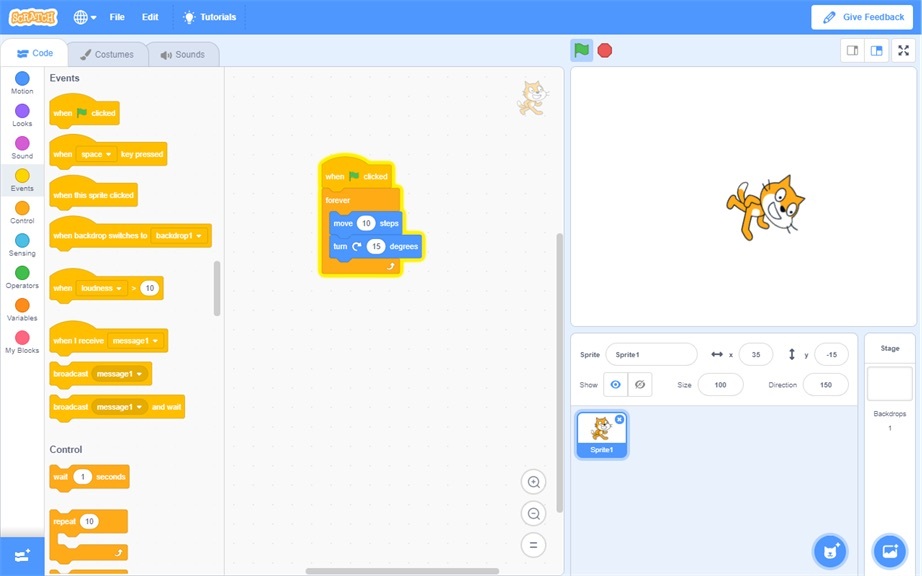
Scratch is a highly popular, user-friendly platform developed by the MIT Media Lab. It uses a visual programming language where children can create stories, games, and animations by snapping together coding blocks. This drag-and-drop interface simplifies complex programming concepts, making it an excellent tool for young beginners.
Scratch’s community aspect allows kids to share their projects and see what others have created, fostering a collaborative learning environment. It’s ideal for children aged 8-16 who are just starting their coding journey and want to learn through creative expression.
CodaKid
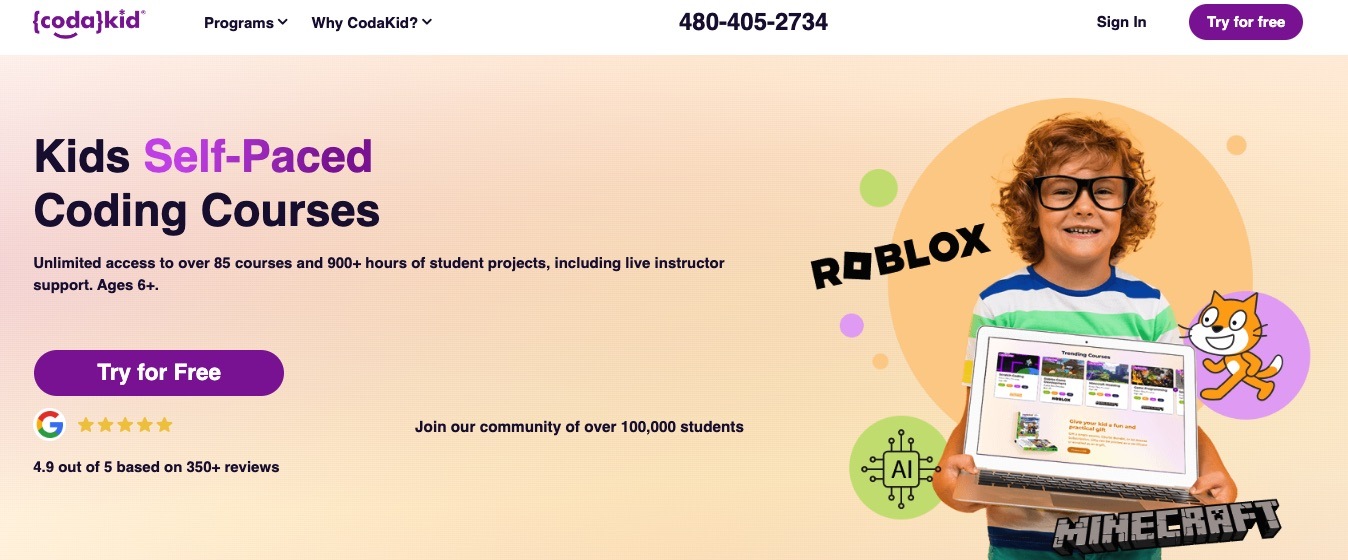
CodaKid offers comprehensive coding courses designed specifically for kids. While not a game, its engaging curriculum includes creating real games, apps, and websites using professional programming languages like Python, JavaScript, and Java. CodaKid’s courses are project-based, allowing children to build exciting projects such as Minecraft mods and Roblox games while learning to code.
Parents appreciate CodaKid for its structured, self-paced lessons that come with live support from experienced programmers. It’s suitable for children who are serious about learning to code and want to develop real-world skills in a fun, interactive way.
CodeCombat
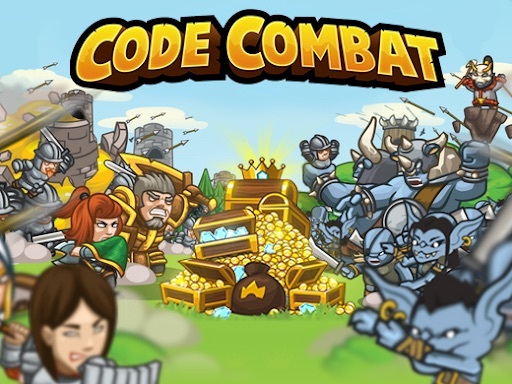
CodeCombat is a game-based learning platform that teaches coding through immersive gameplay. Players write actual code to control their characters and complete various challenges and quests. The game supports multiple programming languages, including Python, JavaScript, and Lua, making it versatile for different learning needs.
This platform is particularly effective for children who learn best through interactive, hands-on experiences. It blends coding with adventure, keeping kids engaged while they build their coding skills. CodeCombat is suitable for children aged 9 and up who enjoy games and are ready to tackle more complex coding tasks.
Minecraft: Education Edition
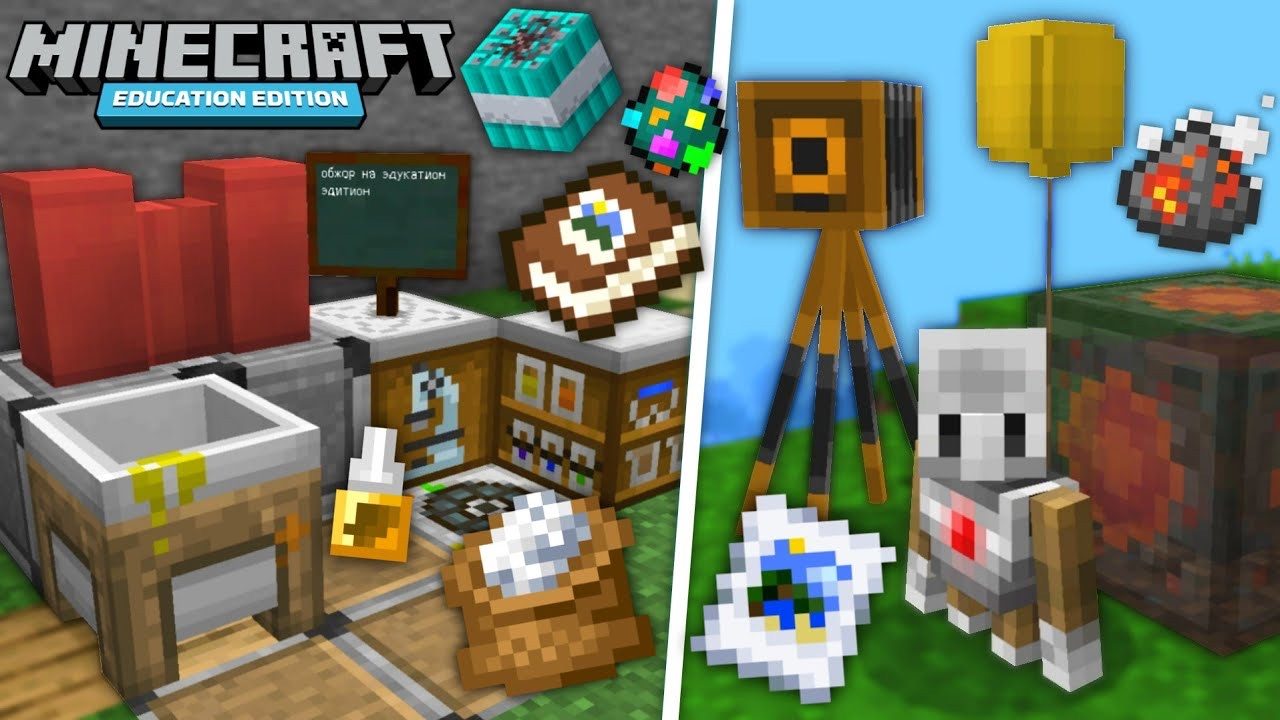
Minecraft: Education Edition leverages the popular sandbox game to teach coding and other STEM-related subjects. Using the built-in Code Builder, students can program in Python or Make Code, creating in-game structures and automations. The platform provides lesson plans and challenges that align with educational standards, making it a valuable tool for both teachers and parents.
Children enjoy the familiar, creative environment of Minecraft while learning to code. This edition is perfect for kids who are already fans of the game and want to expand their skills in a fun, educational setting. It’s ideal for children aged 8 and up.
Roblox
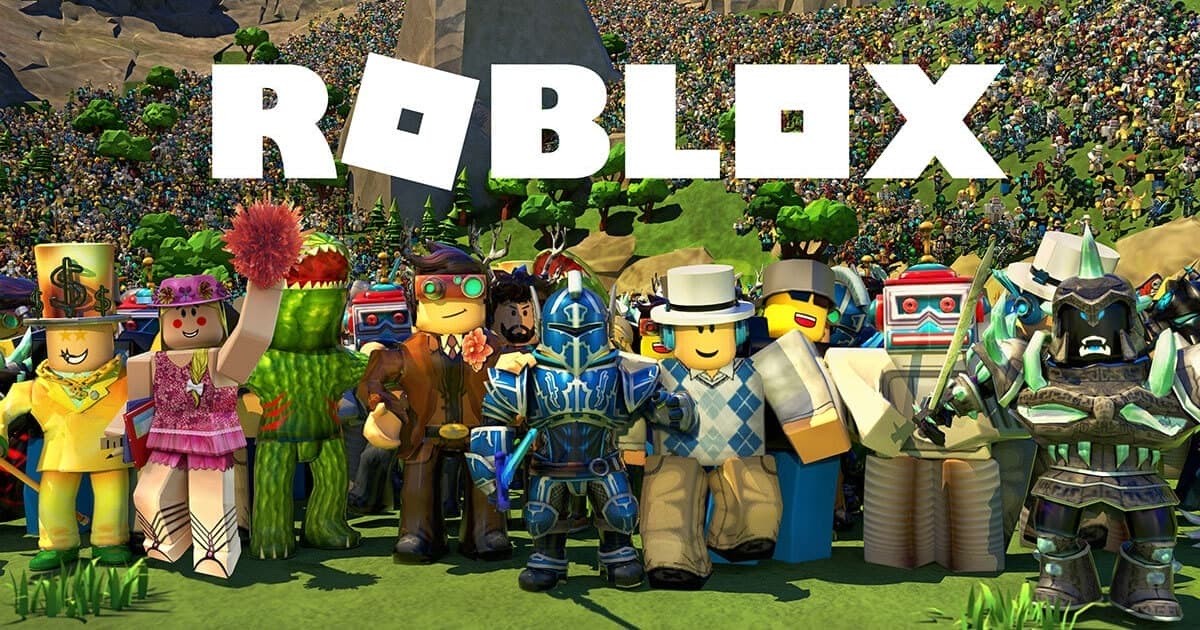
Roblox is a massively popular online platform where users can create and share their own games using the Roblox Studio. The studio uses the Lua programming language, allowing kids to script their own games and interactive experiences. Roblox also offers educational resources and tutorials to help young developers get started.
Roblox is excellent for children who are interested in game development and enjoy playing and creating within a community. It’s particularly suited for kids aged 10 and up who want to learn coding in a dynamic, user-generated environment. Parents appreciate its blend of creativity, social interaction, and technical learning.
Read also: 21 Best Coding Games for Kids: The Best Way to Teach Computer Programming
The Role of Parents and Educators
Parents and educators play a crucial role in guiding children through their coding journey. By providing support and encouragement, they can help young learners stay motivated and overcome challenges.
Parents can foster a coding-friendly environment at home by setting aside regular time for coding activities and exploring various games to learn coding with their children. It’s also helpful to engage in the learning process together, asking questions and showing interest in their projects. This involvement demonstrates the importance of coding and helps children feel supported.
Educators can integrate coding games into their curriculum to make learning more interactive and enjoyable. They can also facilitate coding clubs or after-school programs where students can collaborate on projects and share ideas. By leveraging resources like educational games for coding, teachers can provide a well-rounded coding education that prepares students for future technological advancements.
Potential Challenges and Solutions
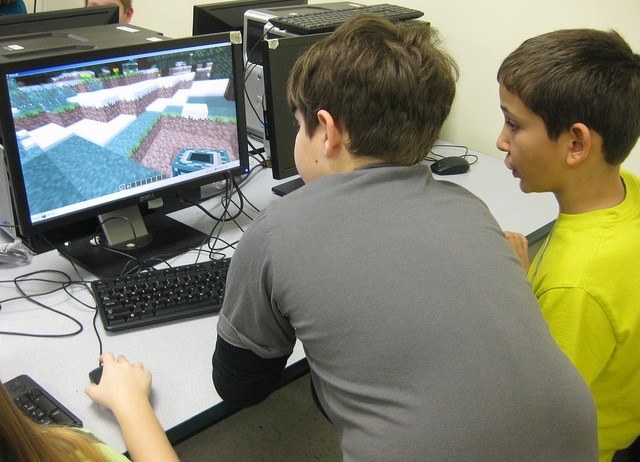
While learning coding through games is highly effective, it does come with its own set of challenges. One common issue is screen time management. Children may become so engrossed in the games that they exceed healthy screen time limits. To address this, parents and educators should set clear guidelines and balance coding activities with other offline pursuits.
Another challenge is ensuring that children remain focused on the educational aspects of the games rather than just the entertainment. To mitigate this, choose games that have a strong educational component and periodically review the coding concepts learned. Discussing the lessons and encouraging kids to apply what they’ve learned in new projects can reinforce the educational value.
Finally, technical difficulties or lack of access to suitable devices can hinder the learning process. Ensuring that the necessary technology is available and functioning properly is crucial. If resources are limited, consider usi
ng shared devices or exploring free coding platforms that require minimal hardware.
By proactively addressing these challenges, parents and educators can create a balanced and effective learning environment that maximizes the benefits of coding education through gaming.
Empowering Young Minds Through Coding Games
Coding games provide a dynamic and engaging way for children to learn essential programming skills. By turning complex concepts into fun and interactive challenges, these games help kids develop problem-solving abilities, creativity, and a solid foundation for future learning. With the support of parents and educators, and by addressing potential challenges, children can thrive in their coding education.
To give your child the best start in coding, consider enrolling them in our courses at CodaKid. Our project-based learning approach, incorporating popular coding games, ensures an enjoyable and effective educational experience. Start your child’s coding journey with CodaKid today and watch them transform into confident young coders.




